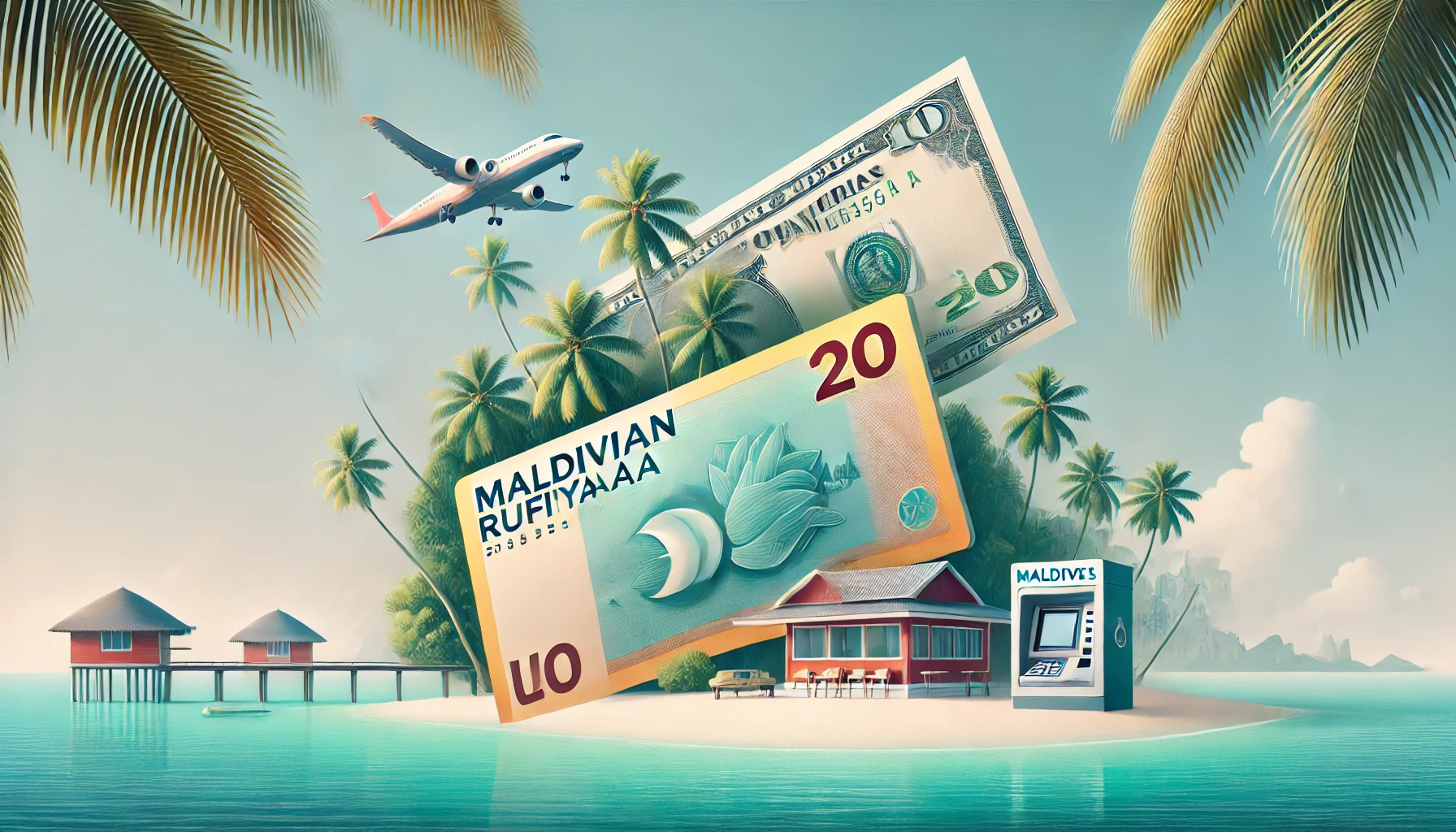Maldives Tourism Faces Challenges Amid Regulatory USD Exchange Requirement
The Maldives’ tourism industry, still recovering from the impacts of the COVID-19 pandemic, is grappling with a significant challenge introduced by the Maldives Monetary Authority (MMA). The new regulation mandates resorts to exchange USD 500 per tourist, a policy that has drawn widespread criticism from resort operators. They argue that this one-size-fits-all approach fails to account for differences in operating costs, guest profiles, and market positions, making it unfeasible for many resorts.
Resort Operators Advocate for Policy Revisions
Resort operators are urging the MMA to reconsider this fixed exchange requirement, citing operational and financial impracticalities. Most resorts generate the majority of their revenue in USD and face substantial USD outflows for operational expenses. As an alternative, they propose a percentage-based exchange requirement, such as 10% of USD earnings, which would align better with the financial realities of the industry.
Financial Realities of Maldivian Resorts
Maldivian resorts primarily earn revenue in USD, with international payments accounting for the bulk of their income. Over 75% of resorts operate with an Average Daily Rate (ADR) below USD 800, making them particularly vulnerable to the financial pressures of the fixed exchange mandate. The majority of USD revenue is consumed by essential expenses:
- Taxes and Lease Rentals: 25%
- Salaries and Employee Costs: 20%
- Financing Costs and Loan Repayments: 20%
- Fuel Costs: 10%
- Food Supplies: 4%
- Maintenance: 5%
- Management Fees: 8%
These costs collectively consume over 90% of revenue, forcing resorts to acquire additional USD from external sources at premium rates to comply with the mandate. This adds financial strain, undermining liquidity, stability, and contractual obligations.
Fixed USD Exchange Policy: A Financial Strain
The fixed exchange requirement is particularly burdensome for resorts with lower ADRs, as their per-guest income is comparatively lower. With over 90% of revenue allocated to operational costs, the mandate overlooks the diverse financial structures across resorts.
A percentage-based exchange model would offer a more equitable solution, reducing financial stress on smaller resorts while still fulfilling the MMA’s objective of increasing local currency liquidity. For example, a 10% earnings-based exchange requirement would be more sustainable, enabling compliance without compromising the financial health of resorts.
Addressing Transparency Concerns in a Percentage-Based Model
Critics of a percentage-based policy may argue that resorts could underreport earnings to avoid compliance. However, with over 60% of bookings made via Online Travel Agencies (OTAs), the MMA can leverage OTA data to monitor nightly rates and occupancy. This ensures transparency and minimizes the risk of misreporting. OTA-based data provides an objective mechanism to enforce compliance effectively.
Long-Term Implications for Tourism and the Economy
If the fixed USD exchange policy remains unchanged, its ripple effects could harm the Maldivian economy. Resorts may face rising operational costs, leading to higher prices, reduced reinvestment, and potential declines in service quality. This, in turn, could weaken the Maldives’ competitive position in the global tourism market, as rival destinations continue to enhance their offerings.
A Balanced Solution: Percentage-Based Exchange Requirement
Transitioning to a percentage-based USD exchange model could address the MMA’s goals while safeguarding the financial stability of resorts. Key benefits include:
- Alignment with Financial Realities: Proportional exchange requirements reduce pressure on lower-revenue properties.
- Enhanced Compliance: With ADR data accessible via OTAs, earnings reporting becomes transparent and verifiable.
- Support for Sustainable Tourism: Lower reliance on expensive external USD sources allows resorts to maintain financial health and reinvest in quality improvements.
Toward Financial Resilience in Maldivian Tourism
A collaborative approach between the MMA and resort operators is essential to develop a sustainable solution. By adopting a flexible, earnings-based model, the MMA can achieve its objectives without jeopardizing the operational stability of resorts. Such a policy would support local currency reserves while fostering long-term resilience in the Maldivian tourism sector.



